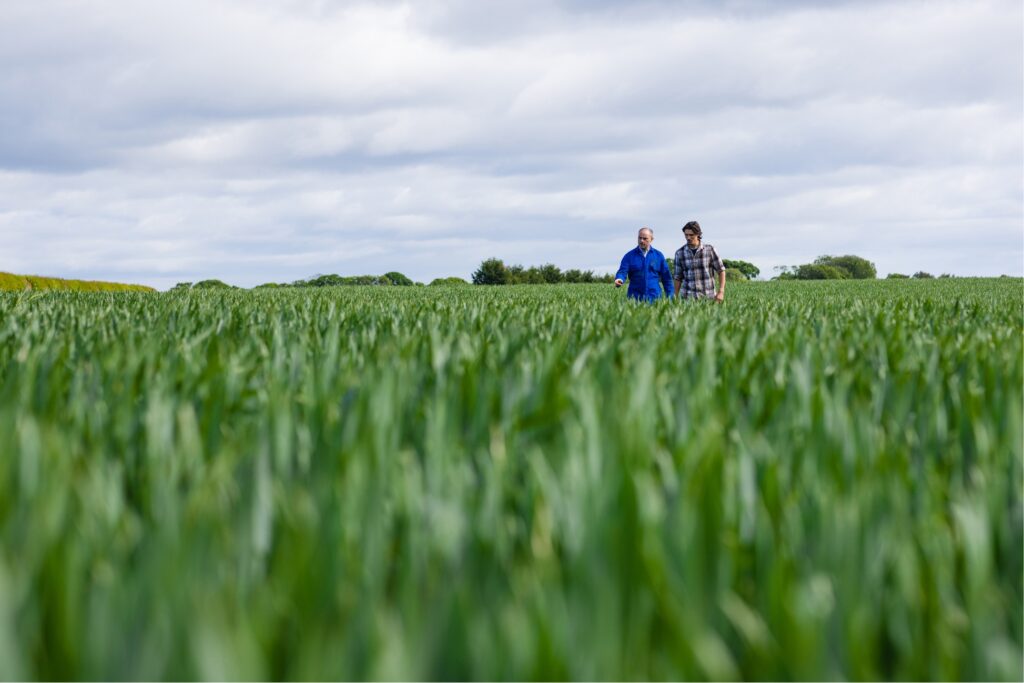Tax
Capital gains tax planning
If you are looking to dispose of a capital asset such as a property, a business or shares, up front consideration of the Capital Gains Tax implications is key. With careful and early tax planning, it is often possible to reduce, eliminate or delay the payment of your Capital Gains Tax liability.
Evaluating your exposure to Capital Gains Tax will also give you the opportunity to assess the potential impact on your cash flow, so that you can prepare accordingly.

How can we help you?
- Calculating the potential Capital Gains Tax (CGT) liability on a disposal
- Advising on business disposal relief, by helping you set up tax-efficient business structures from the start, or by helping with restructuring in advance of a sale
- Advising on deferral reliefs such as rollover relief and holdover relief
- Ensuring you claim any other available reliefs and exemptions such as principal private residence relief, gift relief, annual exemption and chattel exemption
- Advising on the transfer of assets between spouses, for example if your spouse has unused annual exemptions or capital losses
- We can also advise on how the timing of a sale will impact on the payment date and whether the disposal can be spread over more than one tax year, to maximise available reliefs and exemptions.
Client story
Landowners entering a promotion agreement to sell land with planning permission
Background: We were approached by a land agent who was acting for the landowners, as we had previously informed him of tax issues arising with land pooling arrangements. The initial proposal was for an equalisation agreement to be put in place to split the proceeds amongst the landowners, according to the proportion of land being put into the scheme by each of them.
How we helped: The proposal for an equalisation agreement is ineffective and results in double taxation. We provided advice on an alternative structure ensuring tax was only paid once. We were able to give the technical and complex advice in a way that all landowners could understand, offering one-to-one meetings to help guide them through the process. The planning put in place helped to save £2.8m in Capital Gains Tax across all landowners.



